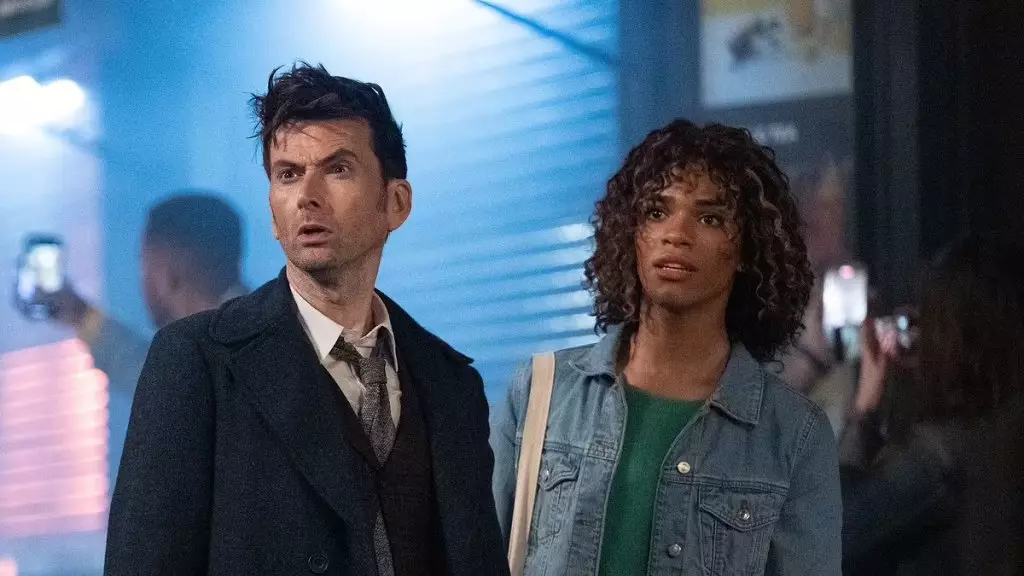The BBC has recently come under fire for allegedly promoting a biased agenda known as “woke bias” in its programming. The Campaign for Common Sense, a group advocating for freedom of expression, accuses the UK broadcaster of cherry-picking examples to support their claims. This article critically examines these accusations and evaluates the evidence presented.
The Campaign for Common Sense claims to have conducted research highlighting instances of bias in BBC content. However, it is important to note that the actual research has not yet been published, and thus, the accuracy and validity of their findings remain uncertain. Without access to the full research, it is challenging to assess the methodology and analysis employed by the group.
Issue Selection
The Campaign for Common Sense’s accusations primarily revolve around the BBC’s coverage of race and gender-related topics, such as slavery and non-binary representation. While they argue that these issues are evidence of biased programming, it is crucial to consider the broader context. Slavery and gender diversity are significant societal topics that deserve attention and discussion. It is not inherently biased for the BBC to cover these issues, as they reflect the realities of our world.
Relevance of Complaints
The research conducted by the Campaign for Common Sense points out that a relatively small number of viewers expressed their discontent with certain BBC programs. However, the number of complaints alone is not a reliable indicator of bias. The BBC has millions of viewers, and it is natural that some individuals may disagree with or find fault in specific content. The BBC’s responsibility lies in providing a platform for diverse perspectives, even when they elicit criticism.
The BBC maintains that it upholds high standards of impartiality and strives to represent all audiences. While critics claim that bias exists in plotlines of popular dramas and news coverage, it is crucial to recognize that storytelling often involves reflecting real-world issues and offering perspectives from various angles. The inclusion of diverse voices and experiences is not inherently biased but rather an effort to provide a more accurate representation of society.
The BBC acknowledges that there will always be instances when viewers disagree with or challenge its content. As a public broadcaster, the BBC encourages open dialogue and feedback. They provide platforms for audiences to express their opinions and concerns, ensuring transparency and accountability. However, it is essential to differentiate legitimate critiques from unfounded accusations of bias.
Lastly, it is worth noting that the Campaign for Common Sense was founded by Mark Lehain, who works as a special adviser to the Department for Education. Understanding the background and motivations of the group raising these accusations is vital in evaluating their claims. While freedom of expression is crucial, it is equally important to scrutinize the intentions and potential biases of the organizations involved.
Accusations of bias against the BBC should be approached critically, considering a range of factors such as the relevance of the issues covered, the number of complaints received, and the broadcaster’s commitment to impartiality and representation. While the Campaign for Common Sense has raised concerns, the full research and analysis behind their claims have not yet been made available. This analysis emphasizes the importance of conducting a thorough examination of the evidence before forming judgments about alleged bias in BBC programming.

